This time a year ago Arsenal were beginning the search for the full-time successor to Unai Emery, who had been sacked a day earlier.
The Spaniard had replaced Arsene Wenger just 18 months before but an alarming slide in form saw him lose his job.
Mikel Arteta was targeted as the new incumbent and took the reins on December 20 and here, the PA news agency looks at what has changed in the year since Emery's departure.
WHAT IS BETTER?
A case for the defence
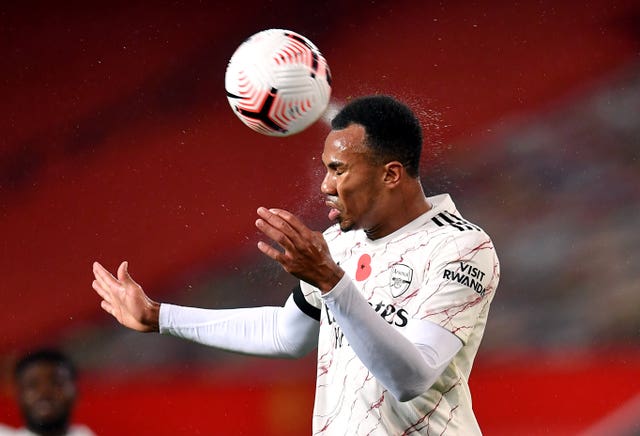
One of the priorities for Arteta when he replaced his compatriot was to address defensive frailties that were being exposed on a regular bases.
In Wenger's final season, the Gunners produced a shot difference of +170, but 13 games into Emery's final season it had dropped to an alarming -56.
With the savvy signing of Gabriel Magalhaes and a more structured approach to defending getting more out of players such as Shkodran Mustafi and David Luiz, Arteta has – by and large – shored things up at the back.
Victory through harmony
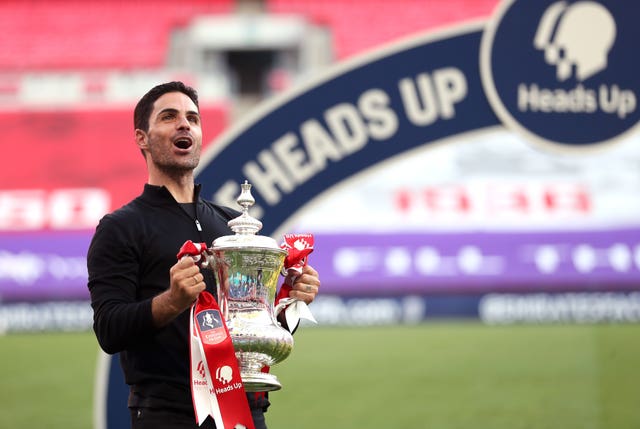
Arsenal's club motto – Victoria Concordia Crescit – calls for unity to bring about success.
Arteta inherited a squad that was at a low ebb following a string of poor results under Emery, who had also stripped Granit Xhaka of the captaincy after he swore at supporters during a game at the Emirates Stadium.
Xhaka has since gone on to wear the armband on a number of occasions under Arteta, who united a frustrated fanbase with their players and went on to guide Arsenal to a record 14th FA Cup after just nine months in charge.
Structural damage addressed
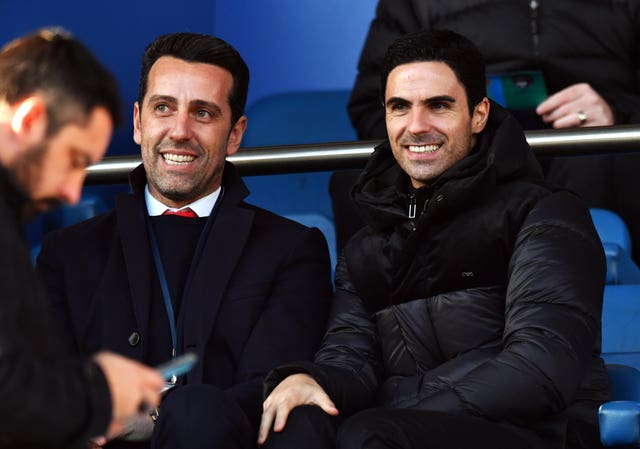
With Wenger's autonomy replaced by Emery in a head coach role and a structure in place above him, Arsenal were aiming to move to a completely new way of working.
The model, however, fell apart as key members departed. Head of recruitment Sven Mislintat and Ivan Gazidis who, as chief executive, led the search to appoint Emery, were the big-name exits.
There has been more upheaval since with head of football Raul Sanllehi also leaving but, with Vinai Venkatesham working as chief executive, Arteta – now manager and not head coach – works closely with technical director Edu in what appears to be a much clearer structure.
WHAT HAS GOT WORSE?
Squad goals
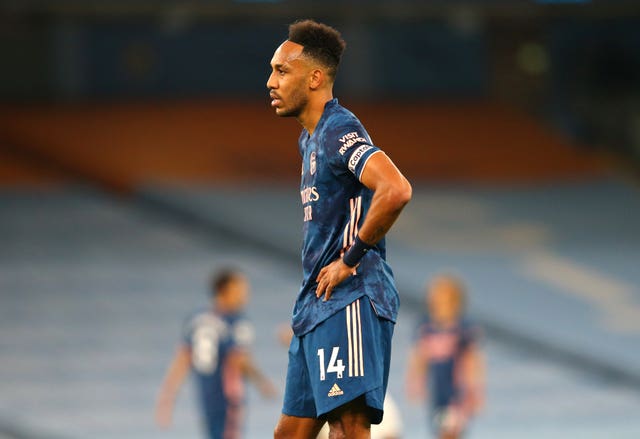
While sorting out issues in the defence was key for Arteta, it has become clear of late that those solutions have only caused problems at the other end of the pitch for the Gunners.
Only the bottom four sides in the Premier League have scored fewer goals than Arsenal's total of 10 this season, with Gabriel's header in Sunday's defeat to Wolves the first time they had struck from open play in almost eight and a half hours.
Captain Pierre-Emerick Aubameyang has been in fine form ever since he moved to the club in January 2018 but he has only scored one penalty in his last nine league outings, with Arsenal having 95 shots across their 10 matches so far.
Positional sense
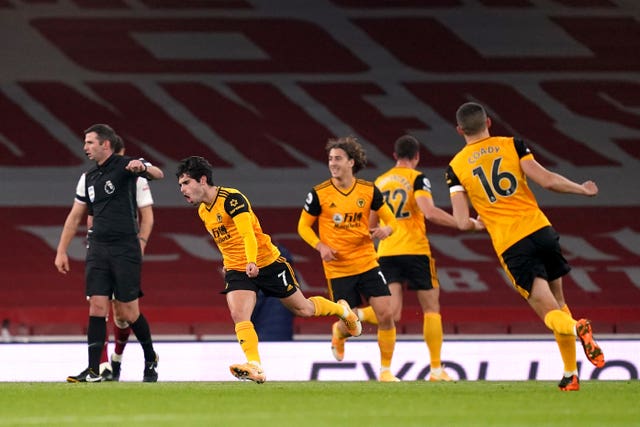
Such a goal-shy run has made it hard for Arsenal to pick up points on a regular basis at the start of the current campaign.
Aubameyang's aforementioned penalty gave them a 1-0 win at Manchester United but they have lost their last three home league games and currently sit 14th in the table, already eight points adrift of north London rivals Tottenham at the summit.
When Emery was sacked, Arsenal had just drawn 2-2 at home to Southampton, leaving them eighth in the table – the same position they would end the season once Arteta had taken charge.
How's your luck?
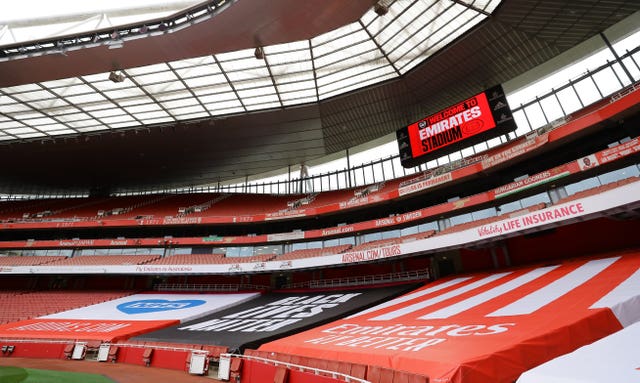
Arteta has had to deal with plenty of unexpected issues in the first 11 months of his managerial career.
The coronavirus pandemic meant supporters will only return this Thursday for the first time in nine months, while a number of injuries have also played their part of late.
None of those injuries prove a streak of bad luck as Thomas Partey. The transfer deadline day signing had missed just six matches throughout his entire career before joining Arsenal, but he has now sat out the last two games with a thigh injury which Arteta admits will rule him out for the next "few" fixtures.







